Existential questions about the minimalist lifestyle really require a conversation nobody ever wants to engage with. Is minimalism good?
Well, shit I don’t know. Is this an everybody has the right to their own opinion kind of thing? Or are there actual facts for or against the concept of minimalism that could help us make a determination?
The Pros and Cons of Minimalism
I love logic. So if you’re asking me, “Is Minimalism good?” I’m going to base my answer on reality, not just a feeling. Maybe I’m one of the rare people who still believe facts exist.
Let’s go on a fact finding mission together when it comes to the minimalist lifestyle.
Minimalist Lifestyle
If you’ve been watching minimalism from the outside there are a lot of clickbait type narratives surrounding the movement. The internet and the news media feed you the most extreme and fringe ideas as if it’s the norm.
Now that I’ve been living a minimalist lifestyle for six years, I have a lot more clarity on what’s normal and what’s said just to fill air space.
Defining Minimalism
Minimalism is the pursuit of focusing on what truly matters to you as an individual. The path to that clarity, comes from eliminating distractions. Many distractions come in the form of material possessions but along the way relationships, habits, and activities are also dropped.
A Lifestyle Focused on the Essentials
Minimalism, revolves around the pursuit of simplicity and intentionality. By stripping away distractions, minimalists aim to focus on what truly matters in their lives.
The growing fascination with minimalism has sparked a debate: Is minimalism good?
The Rise of Minimalism
Somehow the wind of popularity blew towards a few select people who practiced a minimalist lifestyle. Those people became minimalist influencers. Once there are influencers you can be sure that the idea has become mainstream and popular.
A Global Phenomenon
To be fair, I’m not knocking the famous minimalists. Had it not been for them, I would likely never heard of minimalism. Their choices sparked a phenomenon that leads to some big cultural questions.
Over time society became more saturated with materialism and excess. Minimalism strikes me as the breaking off from that sinking ship of endless consumerism. Many frustrated people are turning to minimalist living as an alternative approach to living the consumer lifestyle.
From fewer possessions to a minimalist mindset, people are recognizing the benefits of minimalism in various aspects of their lives. This trend has inspired numerous books, documentaries, and blogs.
Weighing the Pros and Cons
In this blog post, we will delve into the many portrayals of minimalism, discussing both its positive impact and drawbacks. My goal is to provide a truth-based analysis of this lifestyle.
Questioning Your Truths
The politically correct stance is that everyone has the right to their own opinion. But, my plea is for you to be willing to question your existing beliefs.
There are numerous aspects of your life that you have never questioned and it has lead you to this point in your life. In order for things to change, it might be time to re-asses some of those knee jerk reactions you call opinions.

Pros of Minimalism
Full-disclosure, although it is probably obvious, the writer of this blog post it an un-apologetic minimalist. I do my best to give a diverse range of viewpoints, but my bias skews towards a love for minimalism.
I will break down the positive influence and flaws of living a minimalist lifestyle based on categories.
Financial Benefits
Pro 1: Reduced Consumerism
Minimalism encourages conscious spending. The minimalist approach involves differentiating between needs and wants.
This way of life reduces consumerism and leads to an intentional reduction in purchasing unnecessary things. No matter how many times you purge your physical space, it won’t help until you change your spending habits.
Pro 2: Lower Living Expenses
By embracing a minimalist lifestyle, people often downsize their homes because they have fewer items. A minimalist home can save a lot of money. Reduced utility bills, maintenance costs, and property taxes can significantly contribute to a more minimalist lifestyle.
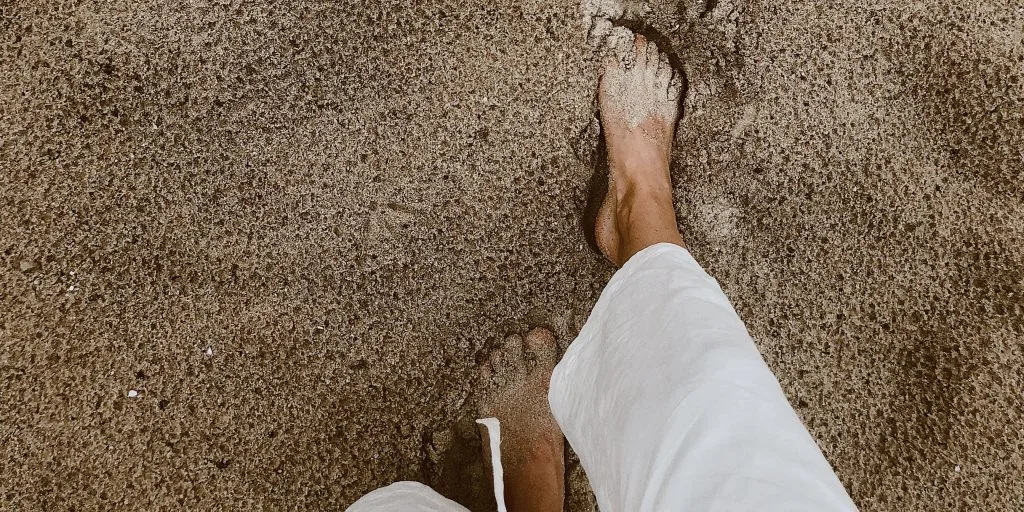
Pro 3: Increased Savings and Financial Freedom
One of the life-changing benefits comes from how a minimalist budget dramatically changes your finances. With the money saved through minimalist practices, you can pay off debts, build emergency funds, and invest in your financial future.
In recent years the number one reason Americans seek therapy has been, lack of money. You will have so much less stress when finances aren’t a constant worry. All areas of my life improved when money stopped being an issue.
Environmental Benefits
Pro 4: Decreased Resource Consumption
This approach to living can minimize the use of natural resources and decrease the carbon footprint associated with the production and disposal of goods. Everything from our minimalist wardrobe to our elimination of single-use products contributes to this sustainable future.
Minimalism helps reduce resource consumption by promoting a “less is more” mentality. You might not care about natural landscape preservation for yourself, but in the long run becoming more sustainable gives our future generations a better tomorrow.
Pro 5: Reduced Pollution
By consuming fewer products and promoting a circular economy, minimalism contributes to reduced pollution. If making small changes can have an impact on our ability to have breathable air, it seems like we should all be on board.
A minimalist lifestyle encourages us to reuse, recycle, and up-cycle materials, which in turn helps to preserve the environment. Different people value different things, however we all need the Earth to survive.
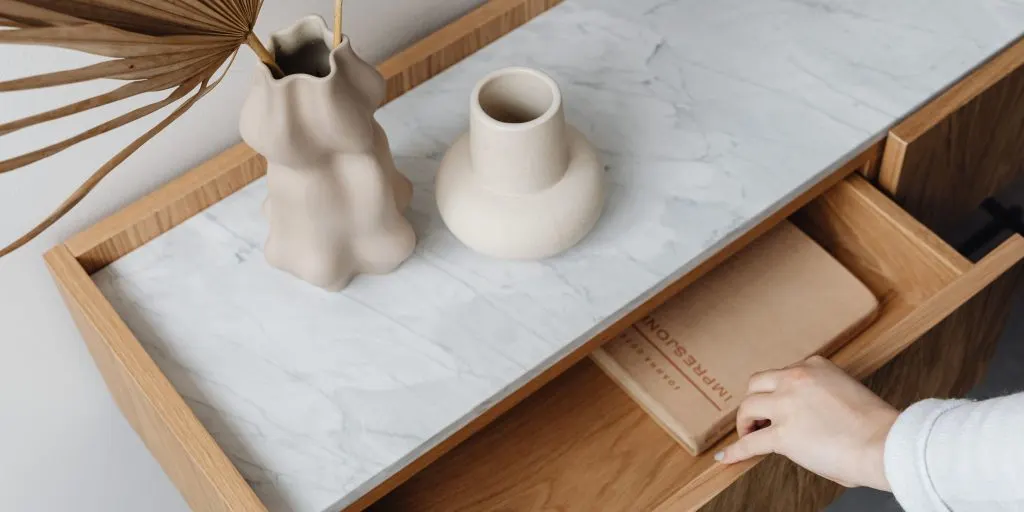
Pro 6: Support for Sustainable Products
Often the core values of minimalism will overlap with sustainable and ethical practices. This demand for eco-friendly goods can drive positive change within industries and promote environmentally responsible practices.
The rise of international trade has deeply disassociated people in the United States from the far reaching effects of their lifestyle choices. Minimalists get peace of mind knowing their own daily life doesn’t negatively impact other humans across the world.
Mental Health Benefits
Pro 7: Reduced Stress and Anxiety
A minimalist environment, devoid of clutter and excess, can contribute to reduced stress and anxiety. The simplicity and orderliness associated with minimalist living can foster a sense of peace and tranquility.
My own minimalism journey began because the stuff that was supposed to make me happy started to feel suffocating. We had a lot of stuff because we were conditioned to fill our perfect home with the perfect stuff. Since becoming a minimalist my anxiety and stress surrounding items is gone.
Most people feel like they were destined for something more, but they aren’t sure how to get there. Use minimalism as the tool to eliminate distractions and focus on what you truly want from life.

Pro 8: Greater Focus on Personal Values
For me, this is the pinnacle of success in life. Your ability to focus on the important things is by far the best way to have a more meaningful life.
By eliminating distractions, minimalism encourages you to prioritize your values and passions. You spend far too much time in your life doing things because you are supposed to because you are expected to. Fewer things lead to more focus on your true self.
Pro 9: Enhanced Mindfulness and Gratitude
I have ADHD, my mind always wants to think about the next idea. Letting your mind always be filled with so much stuff is exhausting.
Minimalism promotes mindfulness and gratitude by encouraging you to cherish and appreciate what you have. The simple change of focusing on this exact moment is by far the best solution to manage ADHD symptoms.
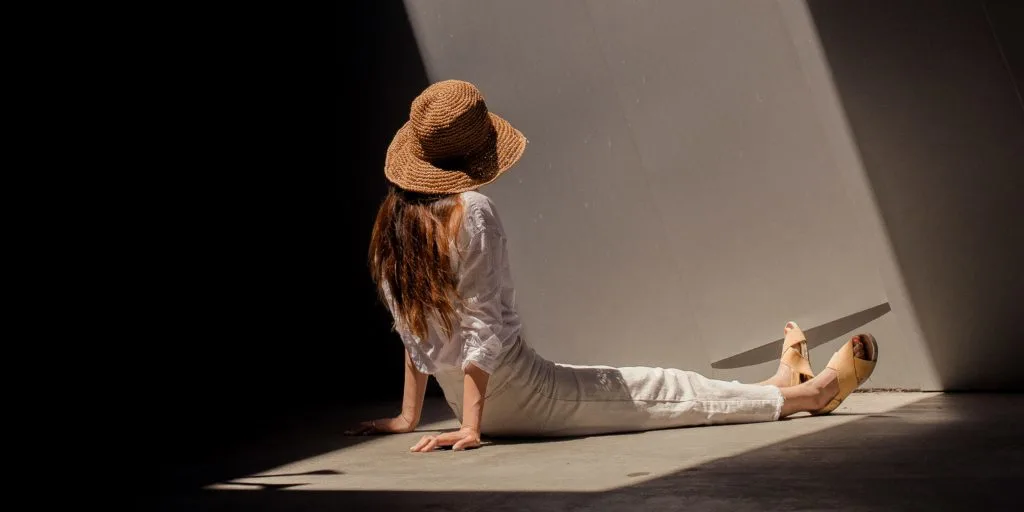
Physical Health Benefits
Pro 10: Encouragement of Healthier Habits
People living paycheck to paycheck and trying to maintain so much stuff are stressed. Their extra time is spent trying to make more money or zoning out on technology. A great way to disrupt the status quo of that life is to embrace simple living.
Minimalism supports a holistic approach to well-being, with followers often adopting healthier habits such as regular exercise, a balanced diet, and mindfulness practices.
Pro 11: Reduced Exposure to Toxic Materials
Minimalists often prioritize using eco-friendly and non-toxic products, reducing their exposure to harmful chemicals found in various household items and personal care products.
From time to time I think about when Oregon voted about if corporations should be required to accurately label food as genetically modified. A social media campaign successfully convinced people that their food prices would go up because companies would have to create different labels for the products. My mind was blown. Virtually every single country on Earth has unique labeling based on language and government food standard requirements. People were duped and they voted against the only thing that would help them to make more conscious choices.
Pro 12: Improved Sleep Quality
A clean, organized, and peaceful environment can contribute to improved sleep quality. Minimalist-inspired bedrooms can provide a tranquil space conducive to rest and rejuvenation.
When you go home to your own home the feeling should be calm. Instead, most people get home and feel stressed about all the hard work it is to maintain a household filled with stuff. Your leisure time at home greatly benefits when you own less stuff.

Improved Personal Relationships
Pro 13: Emphasis on Quality Time
Do not get me started on the glorification of busy in American society. It is not cool or a point of pride to spend all your free time filled with crap you don’t even want to be doing.
Minimalism encourages you to invest in quality time with loved ones, rather than focusing on meaningless connections. This emphasis on meaningful connections leads to stronger relationships and increased satisfaction.
Pro 14: Deeper Connections
Sometimes I make distinctions about my life before minimalism and my life after minimalism. In my old life the connections I had were often not for the right reasons. Proximity friends, social media contacts, and surface level friendships were common.
When I made the shift towards creating a more intentional life the people in my life shifted too. Now I have a support network of deep bonds that make me a better person. Every relationship has a reciprocal, active, and meaningful element that makes both of our lives better.
Pro 15: Decreased Materialistic Competition
Minimalism helps reduce materialistic competition among friends and family members, allowing relationships to thrive based on genuine connections and shared experiences, rather than superficial comparisons.
Admit it, you keep certain people around (even if it’s just on social media) to compare your life to. You feel better about yourself when you are more successful than Suzy from the cheerleading squad. This popular practice is super toxic and we all pretend it’s not happening.
Enhanced Productivity and Creativity
Pro 16: Reduced Distractions
A minimalist workspace, free from clutter and distractions, can significantly improve focus and productivity. By eliminating unnecessary items, you can concentrate on your big life goals.
This is a bit like not being able to see the forest through the trees. Much of people’s lives are spent achieving little things that have no value or impact on the life you are trying to create.
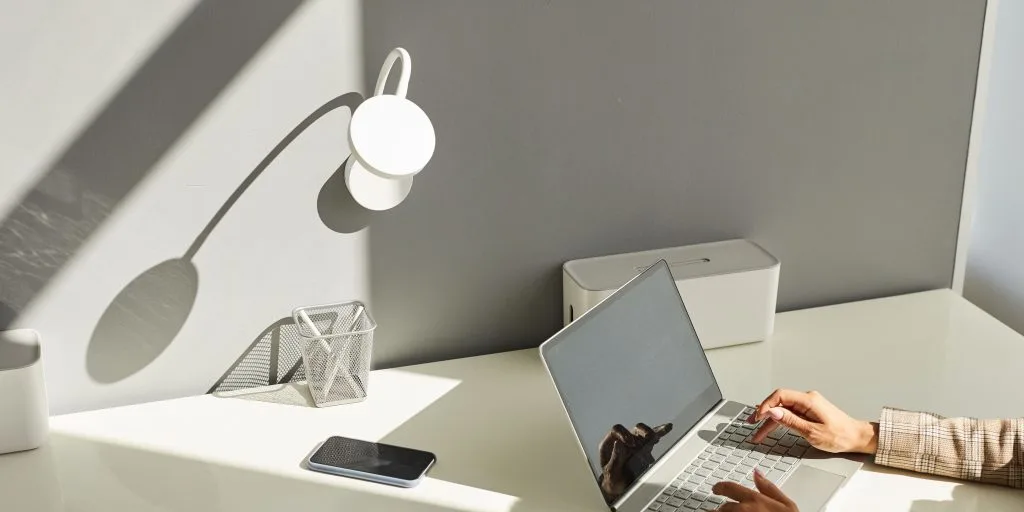
Pro 17: Streamlined Workspaces
Less clutter on your workspace is the easiest way reduce mistakes. Just because a stapler and a tape dispenser are office supplies does not mean they deserve to live on your desk. People are afraid of open spaces so they fill them with items they have been conditioned to think of as necessary.
Minimalism encourages the design of functional and visually appealing workspaces that boost motivation and efficiency. By incorporating only the essential tools and resources, you can create a streamlined environment that is easier to use.
Pro 18: Less Wasted Time
We have all spent time and energy looking for something that has been misplaced. Losing items among our clutter is a cornerstone of wasted time. Your time is a finite resource. Unlike money or objects, time is the only thing we can’t ever get back.
The meeting you felt obligated to attend and the responsibility you agreed to take on are all part of the people pleasing that occurs before making minimalist lifestyle changes. You have better things to do than waste your own time on anything that isn’t meaningful to you.
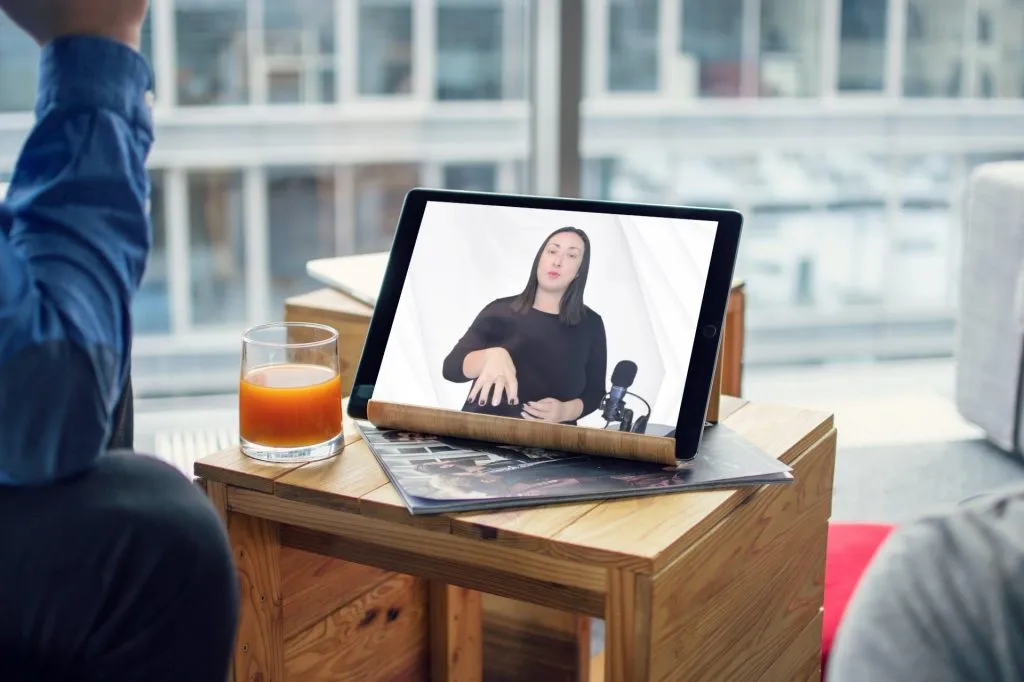
Completely changing your entire lifestyle is scary. You don’t have to jump into uncharted waters by yourself. Use me as your expert guide to minimalism.
Increased Clarity and Focus
Pro 19: Reduced Decision Fatigue
Minimalism helps reduce decision fatigue by simplifying daily choices, such as wardrobe selection and meal planning. This conservation of mental energy allows you to direct your focus towards more important decisions and activities.
It’s a misconception to think that freedom comes from unlimited choices. In fact, you will feel so much more fee when you aren’t overwhelmed by the volume of options.
Pro 20: Alignment With Values
Getting your actions into alignment with your values is a new way of life. Minimalists prioritize conscious decision making which causes major changes in cortisol levels.
Everything within a minimalist lifestyle works together to create your simpler life. Your cortisol levels are based on stress which comes from living a life out of alignment. Physical health, mental health, overall happiness – they all are impacted by your decision to become more minimalist.
Pro 21: Streamlined Daily Routines
By simplifying daily routines, minimalists can save time and energy, allowing them to focus on what truly matters in their lives. Less stuff means less time cleaning, which allows you to create a more balanced life.
I always say, how you spend the moments of your day add up to create your life. When you don’t put enough value on how you spend those moments, like this one right now, your life gets wasted.
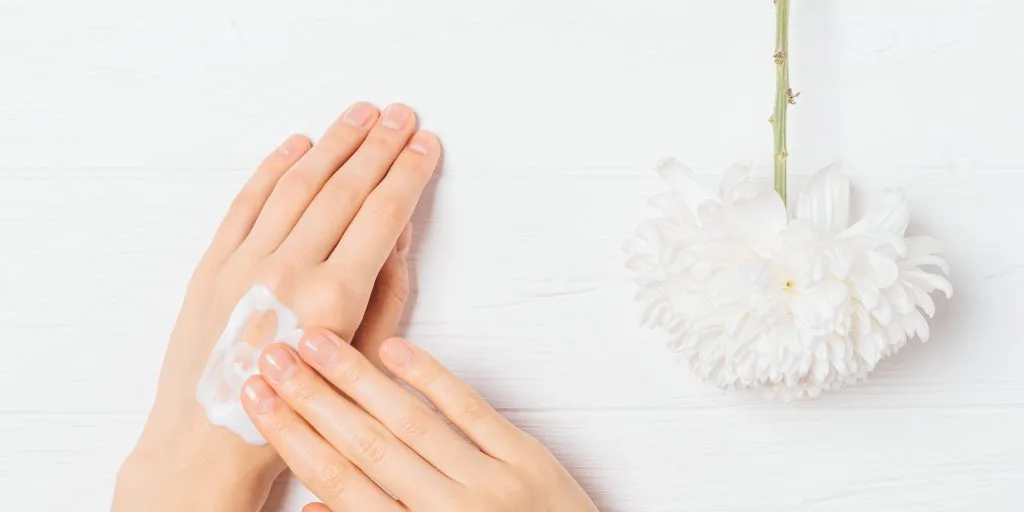
Cons of Minimalism
Potential Loss of Personal Identity
Con 1: Limitations on Self-Expression
While minimalism offers numerous benefits, some people may feel that it restricts their ability to express themselves fully. There is a perception that the minimalist ascetic is monotone and boring.
Critics of minimalism claim the movement seeks to shame people from unique stye or design choices. Striking a balance between simplicity and self-expression is not un-minimalist. The whole purpose of minimalism is to create the life you want.
Con 2: Conformity to Minimalistic Ideals
Adhering strictly to mainstream minimalistic ideals can make people feel like sheep. People hate the idea that they are giving up something they want in order to follow a fad.
It is essential to remember that minimalism is not a one-size-fits-all solution and that everyone should tailor the lifestyle to suit their personal needs and preferences. Your unique minimalist style can be filled with rainbows and unicorns or heavy metal and skulls.

Negative Social Perceptions
Con 3: Misunderstandings of Minimalism
Minimalism is often misunderstood, with some people perceiving it as an extreme or overly restrictive lifestyle. Like I mentioned at the beginning, stories done on the minimalist movement are sensationalized to get a reaction.
Your don’t need to live in a tiny home or have a capsule wardrobe to be a minimalist. Ask yourself who benefits from making you hate minimalism. I’ll tell you who, companies. Corporations hate the concept of minimalism and they want you to feel the same.
Con 4: Stereotypes and Judgment from Others
It’s not comfortable to break away from the pack. Embracing minimalism can lead to negative judgments and stereotypes from friends and family members who don’t understand the lifestyle.
Navigating these social dynamics can be intimidating. Early in your minimalist journey it can be awkward to explain to people why you’re doing this in the first place. External skepticism is a huge deterrent from the minimalist lifestyle.

Limitations on Opportunities
Con 5: Missed Experiences Due to Frugality
Frugality, a common aspect of minimalism, can sometimes result in missed experiences or opportunities. It is true that minimalists re-evaluate their spending and time priorities.
It is essential to assess the trade-offs associated with a minimalist lifestyle and determine whether the benefits outweigh the potential drawbacks. You may find that you decline experiences only until you build up an emergency fund or some other financial goal you’ve prioritized.
Con 6: Potential for Decreased Personal Growth
While minimalism can foster personal growth in many areas, excessive focus on decluttering and simplification can hinder other aspects of self-development. During the initial first steps of converting to minimalism some people get a little too obsessed.
Striking a balance and remaining open to new experiences is crucial for overall personal growth.
Overemphasis on Items
Con 7: Obsession with Decluttering
Minimalism can sometimes lead to an unhealthy obsession with decluttering. Compulsive decluttering is not a healthy minimalist behavior. It is essential to recognize and address these patterns to maintain a balanced and healthy approach to minimalism.
Remember, minimalism is not the goal. Minimalism is a tool that can be used to pursue the life you desire to live. Having less things is just means to an end, it’s not the whole shabang.
Con 8: Risk of Neglecting Non-Material Aspects of Life
Focusing exclusively on material possessions can cause you to neglect other important aspects of your life, such as relationships, personal growth, and self-care. It’s true that dealing with objects is a very outward sign of progress on your minimalist journey.
However, a holistic approach to minimalism should encompass all areas of life, with an emphasis on becoming more of your true self. The stuff is just the low hanging fruit that is easiest to deal with.
Minimalism as a Privilege
Con 9: Accessibility Issues for Low-Income Individuals
Acknowledging and addressing these socioeconomic barriers is essential to fostering a more inclusive and equitable minimalist movement. There are numerous valid reasons people feel extreme anxiety over letting go of the items they have obtained.
Minimalism may not be equally accessible to everyone, with low-income people facing unique challenges in adopting this lifestyle. The trauma responses minimalism can create may or may not be worth the transition.
Con 10: Difficulty Implementing Minimalism in Certain Cultures and Communities
Minimalism may not align with the values or traditions of some cultures and communities. It is important to respect these differences and recognize that minimalism is not a universally applicable solution.
Many religious and cultural traditions take a significant number of supplies to carry out. There are wardrobe requirements, specific food supplies needed, and decorative elements they feel are necessary. Telling someone to abandon those traditions is not part of the minimalist objective.
Messy to Minimalist Virtual Course
One of the reasons people struggle to become minimalists is because of their excuses. Find out why people hang on to their junk and how to overcome those justifications.
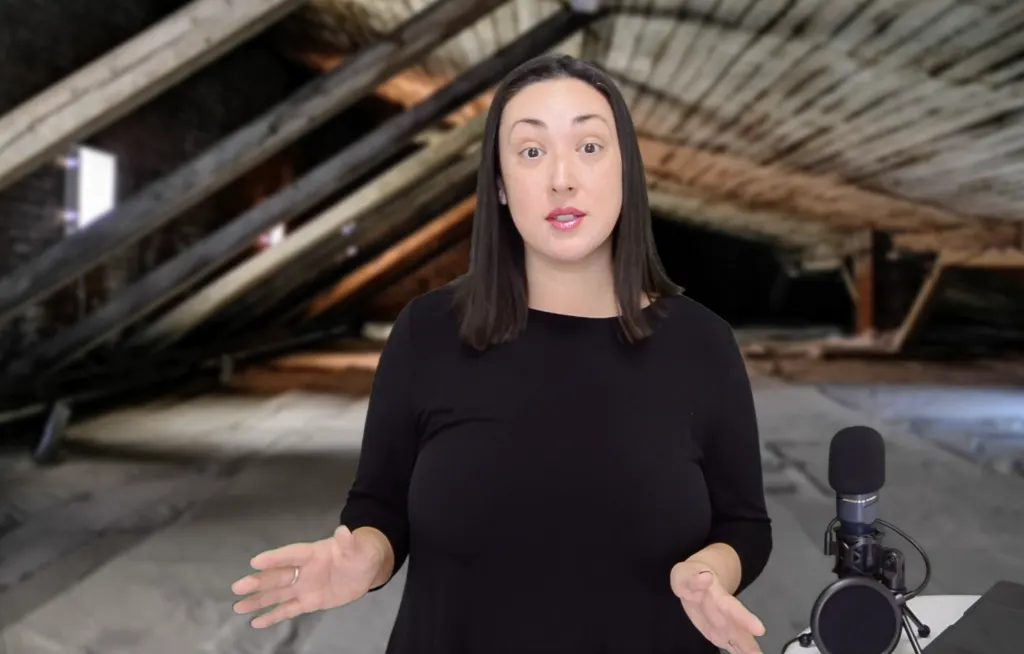
Difficulty in Finding Balance
Con 11: Struggles with Determining Essential Items
Determining what is essential and what is not can be a challenging aspect of minimalism, as personal needs and preferences vary widely. Some people agonize for a long time before deciding to let an item go.
It is difficult for people to envision their own future accurately. When a new minimalist is considering getting rid of something they find it difficult to untangle their justifications from reality.
Con 12: Potential for Extreme Minimalism
Extreme minimalism, is where you severely limit the number of possessions you are “allowed” to have. I put quotes around allowed, because the meaning of minimalism is what you make of it. There are not hard and fast rules of what you are allowed to do, except self-imposed rules.
Recognizing the potential pitfalls of extreme minimalism and striving for a balanced approach is essential to long-term success.

Impact on Local Economies
Con 13: Decreased Consumer Spending
Minimalism’s emphasis on reduced consumption can lead to decreased consumer spending, which may have negative implications for local economies. No matter where a company falls on the revenue food chain there are real repercussions to a decline in business.
Staffing cuts and reliance on part-time workers limit people’s ability to provide for their families. Not that it’s your responsibility to create jobs, it’s simply something to think about in the broader economic impact of the movement.
Con 14: Challenges for Small Businesses
Small businesses that rely on local support may face challenges as minimalism gains popularity. It’s at least worth thinking about how you can shift your essential spending to small businesses and away from mega companies like Amazon or Target.
Encouraging community engagement and supporting local businesses through conscious spending can help mitigate these challenges and promote a thriving community.

Finding Balance in the Minimalist Journey
Embracing the Pros and Navigating the Cons
I’m over here patting myself on the back for coming up with so many cons about a lifestyle that has impacted me so positively. For almost all the cons I did feel myself saying, “But, but, but, they don’t understand.”
The intentional mis-representation of many aspects of minimalism will continue to plague the movement as long as clickbait is the prevailing way people get information.
Personalizing Minimalism
Minimalism is not a one-size-fits-all solution, and it is crucial for everyone to use a tailored approach that suits their unique needs, preferences, and values.
By incorporating the positive aspects of minimalism and being aware of possible negative elements, you can create a balanced lifestyle that aligns with you personal goals.

Acknowledging the Evolving Nature of Minimalism
Minimalism is an evolving journey, with members continually reassessing their priorities and making adjustments to their lifestyles.
Embracing flexibility and recognizing that one’s minimalist journey may change over time is key to maintaining a sustainable and fulfilling minimalist lifestyle.
Encouraging an Inclusive and Diverse Minimalist Movement
As minimalism continues to grow in popularity, it is vital to foster a more inclusive and diverse movement that acknowledges the unique challenges and cultural contexts faced by people from different backgrounds.
If you start from a place of judgement and shame there will never be true understanding from either minimalists or critics. By supporting and learning from one another, we can collectively build a more resilient and compassionate minimalist community.
People Shaping the Minimalist Movement
Every great idea has people at the forefront leading the public perception. In the case of minimalism we’ve got some amazing humans leading the way.
Marie Kondo wants items to Spark Joy
It’s impossible to ignore the impact of Marie Kondo‘s spark joy movement. She encourages people to pay respect to their items by thanking them and sending them on their way. Even through language barriers she was able to communicate the joy having the right items can bring to your life.
Joshua Fields Millburn and Ryan Nicodemus are The Minimalists
In my personal journey I will always credit a chance encounter with Joshua as my crossroads. Like millions of people, I had watched his famous documentary Minimalism on Netflix. Within weeks I happened to see him at an airport. When I approached him he took out his earbuds, put them away, and gave me his signature hug. His willingness to interact with a random person who saw his film gave me the inspiration to pursue a minimalist lifestyle.
Inspirational Bloggers
Someday I hope to find myself on a list of minimalist influencers. For now, I bring you two of the biggest people shaping the online minimalism movement.
Joshua Becker of Becoming Minimalist
You can’t google anything about minimalism without seeing Joshua Becker‘s name pop up. He’s a particular inspiration of mine because he gives a face to the parenting as a minimalist movement.
Brian Gardner of No Sidebar
As much as you can resonate with someone online, I resonate with Brian. His heart’s mission seems to be inspiring people to break free of the Matrix. I had the pleasure of writing an article about adopting a minimalist mindset. Read: No I Can’t, Shouldn’t, or Won’t
My Minimalist Lifestyle
Welcome to my website. If you’re new here, I’m so glad you found me. My name is Veronica and I found out about minimalism in 2017. Within a few months I began adopting minimalist principles into my mundane life in the suburbs.
Fast forward a few years and several impulsive decisions later, we packed our family of 4 into 6 suitcases and moved to a new country. Then we did it again. Right now we are calling Tokyo Japan home. Next year, who knows.
Raising Minimalist Kids
My husband and I decided to become minimalists when our children were 3 and 5 years old. They don’t remember life before minimalism.
Minimalist kids grow up with less stress and more creativity. Our kids love horse back riding, surfing, art, and singing.
Inspiring kids to value experiences over things is important to us. We want to fill their life with so much joy that the lack of stuff doesn’t even occur to them.
Sharing Minimalism
Much like the minimalist influencers that came before me, my hope is to inspire others. I feel like I’ve woken up and seen the magic of a minimalist lifestyle and need to tell everyone about it.

Messy to Minimalist Online Course
Go deeper than room-by-room decluttering advice (although that’s included). Discover the real obstacles holding you back from minimizing. And the true desires to motivate yourself.
Final Thoughts: Is Minimalism Good?
I’m no math genius, but I came up with 21 Pro’s and only 13 Con’s for minimalism.
While I know minimalism isn’t right for everyone, it’s absolutely life changing for millions of people who are currently avoiding the movement.
Can you think of any Pro’s or Con’s I didn’t include on my list? I’d love to include fresh perspectives in future updates of this article.


